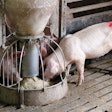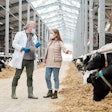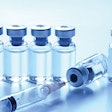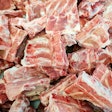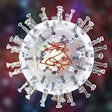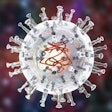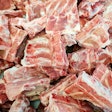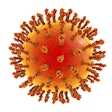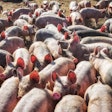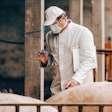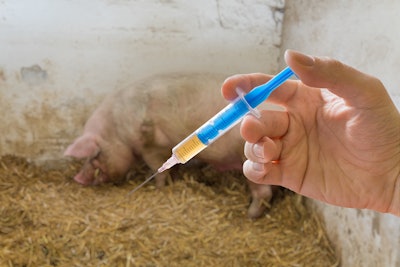
The World Organisation for Animal Health (WOAH) is warning veterinary authorities and the global pig industry against the use of non-compliant and poor-quality vaccines for African swine fever (ASF).
In a statement issued October 18, WOAH stressed the importance of the use of only high-quality ASF vaccines with proven efficacy and safety, and which have been subject to regulatory evaluation and approval in accordance with WOAH international standards.
“The research community has been working to develop an effective vaccine and recent announcements of modified live vaccines being approved or tested in some countries have raised hopes for the availability of new effective tools to contain the ASF epidemic,” WOAH said. “Many countries are interested in using these candidate vaccines to help control ongoing outbreaks on their territory.”
The use of non-compliant and poor-quality vaccines may not confer any protection against ASF and risks spreading vaccine viruses that could result in acute or chronic disease, WOAH said. Additionally, these vaccine viruses could also recombine with field strains to generate novel strains that could evade detection and result in acute, chronic and persistent ASF infections on farms.
The world’s first ASF vaccines were authorized by Vietnam in July, when two vaccines were cleared for domestic use in pigs in the country. Approval came after widespread testing in the country’s swine herds. The government reported the vaccines to be 95% effective. The vaccines – NAVET-ASFVAC (from Navetco National Veterinary Joint Stock Co.), and the AVAC ASF LIVE vaccine (from AVAC) — were jointly developed by U.S. scientists with two different commercial partners in Vietnam. In some other Asian countries, registration of the AVAC vaccine is underway. A third vaccine, DACOVAC-ASF2 vaccine from the Dabaco Group, is reportedly under evaluation in Vietnam.
In the Philippines, applications are under consideration for the importation of four ASF vaccines. A Phase 1 trial was completed in May, and three farms in different provinces have been selected as the locations of Phase 2 field trials, the source reports. Authorities are awaiting complete documentation from a second vaccine company. In order to bring to an end the country’s four-year battle to eliminate ASF, the government has allocated PHP1.5 billion (US$26.4 million) for the vaccination of the nation’s hogs.
While the development of the vaccines being used in Vietnam is groundbreaking, there are a few continuing challenges to the vaccines, according to Megan Niederwerder, associate director at the Swine Health Information Center, who spoke recently with Feed Strategy.
Vaccination not a stand-alone disease control intervention
Regardless of vaccine efficacy, vaccination programs should be implemented as part of a comprehensive prevention and control strategy, which should include other important control measures such as strict biosecurity, import measures and movement controls, WOAH said.
Vaccination, if used, should be conducted under a well-designed vaccination program that takes into account, among other factors, the local epidemiology of the disease, the expected objectives of vaccination and the adequacy and sustainability of the relevant technical, financial and human resources. They should always include post-vaccination surveillance and monitoring as well as an exit strategy for the cessation of vaccination, as mentioned in WOAH international standards on vaccination (Chapter 4.18. of the Terrestrial Code).
On the way to licensed ASF vaccines
Convinced of the added value that the international recognition of high-quality vaccines would have, WOAH is monitoring the progress of several ASF vaccine candidates at various stages of development. Some countries have either approved or are conducting field trials for the use of modified live vaccine candidates against ASF genotype II.
A new draft standard for the production of safe and effective vaccines against ASF has been proposed in the September 2023 report of the WOAH Biological Standards Commission. WOAH urges vaccine manufacturers and Members to consider these draft standards when developing and evaluating ASF vaccine candidates for regulatory approval and to provide their comments.






